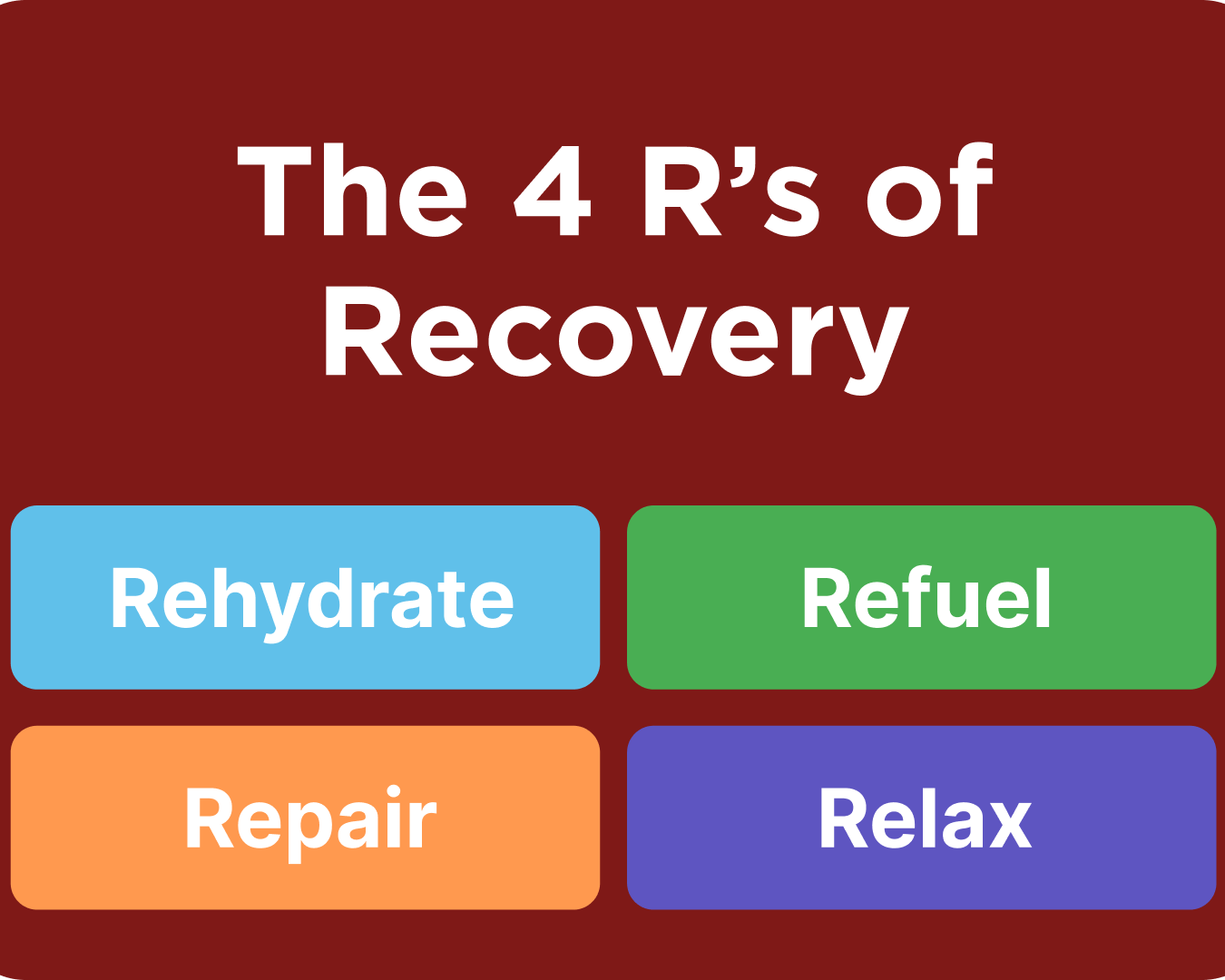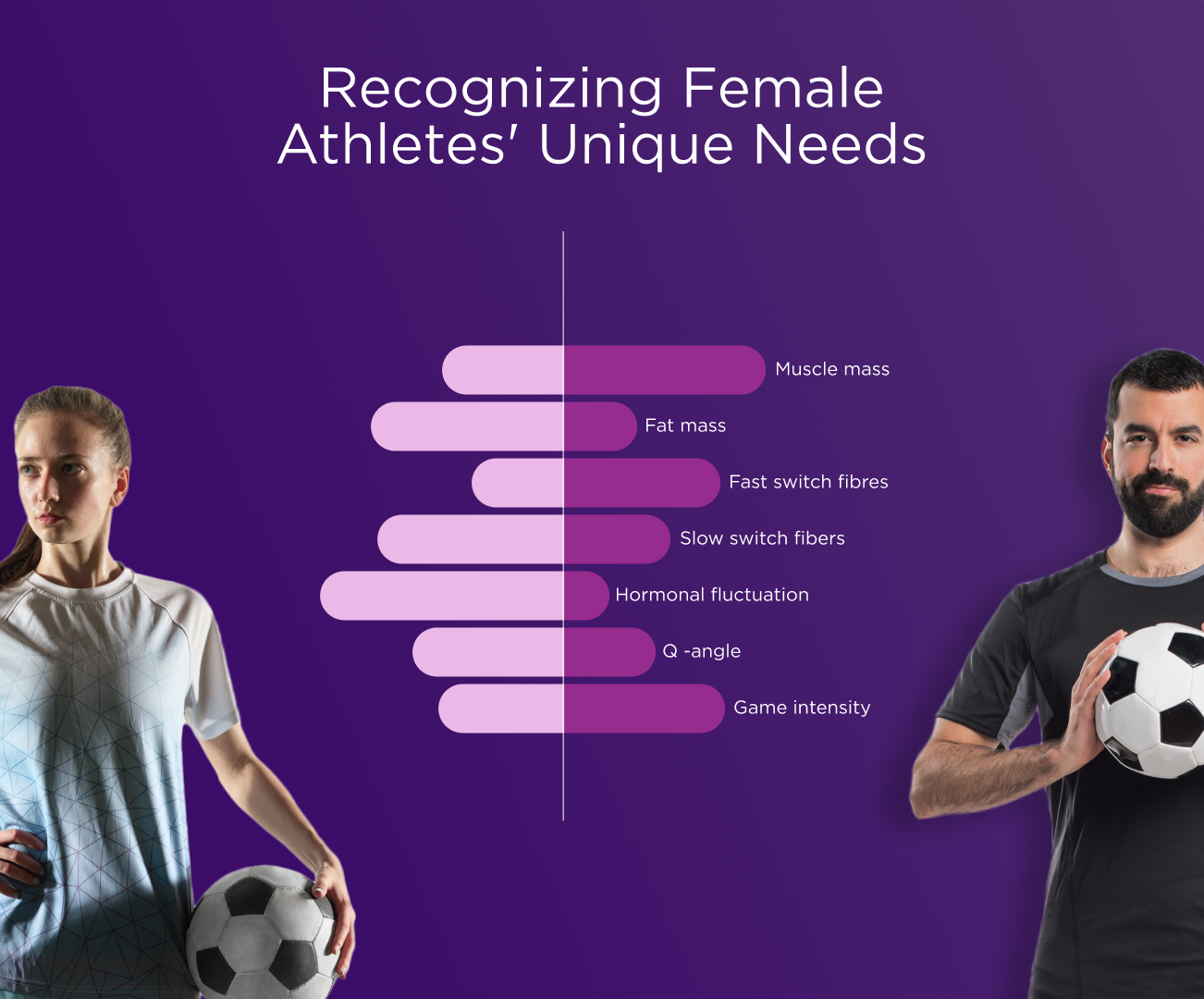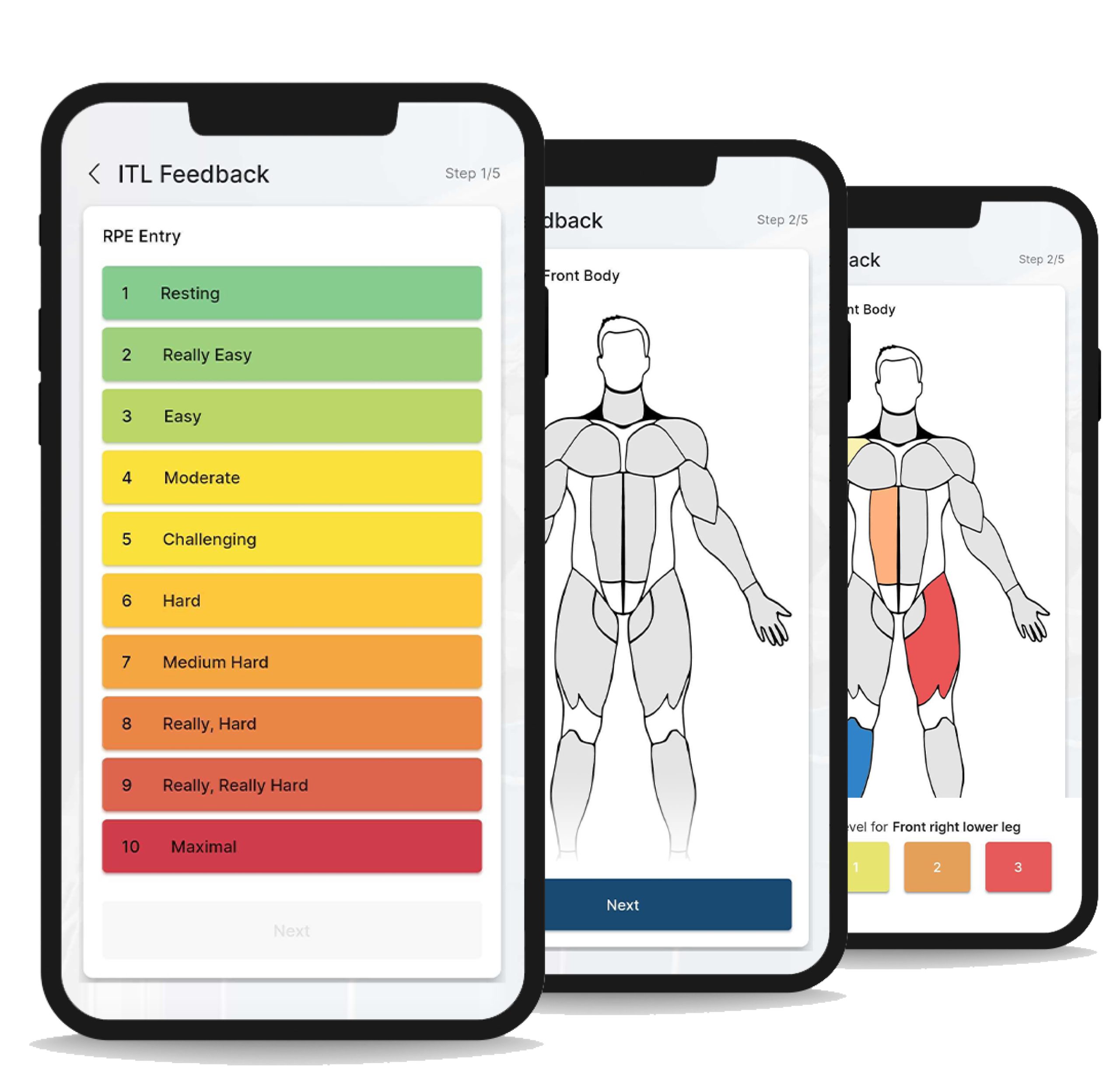Post-exercise recovery is an essential component of sports training, enabling athletes to return to their peak performance as quickly as possible. From a physiological standpoint, recovery involves repairing damaged tissues, reducing inflammation, and restoring energy levels. Recent research, including studies available on PubMed, highlights the importance of an optimal nutritional strategy to maximize these processes.
Here, we explore the “4 R’s of Recovery” and how to apply them through food and supplements, including their recommended dosages.
Replenish Energy
The initial step in effective recovery is replenishing depleted glycogen stores. Carbohydrates are crucial, with recommended intake between 1.0-1.2 grams per kg body weight post-exercise. Optimal sources include quickly absorbed carbohydrates found in white rice, potatoes, white bread, and fruits, facilitating a swift restoration of energy reserves.
Repair Tissues
Protein plays a pivotal role in facilitating tissue repair and muscle protein synthesis post-exercise. Experts recommend consuming between 20-40 grams of high-quality protein, containing all essential amino acids, immediately after exercise and every 3-4 hours during the initial 24-hour recovery period. Excellent protein sources encompass whey protein, lean meat, fish, eggs, as well as plant-based options such as quinoa and legumes.
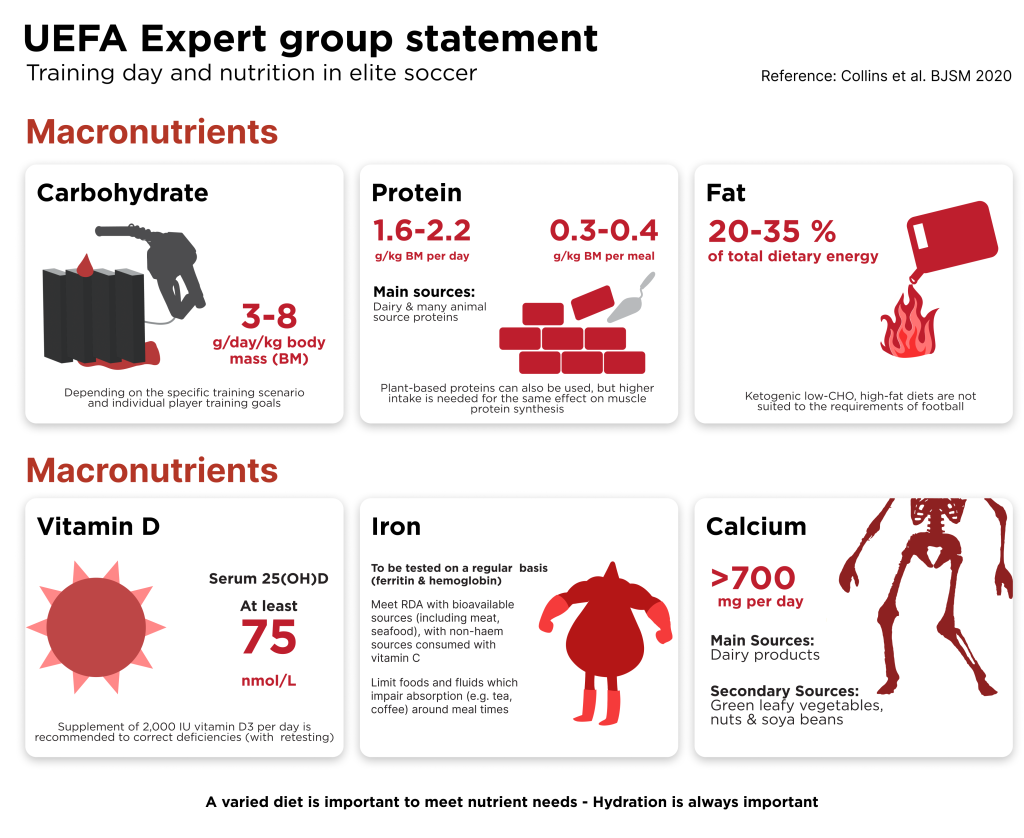
Reduce Inflammation
Nutrition plays a crucial role in modulating the post-exercise inflammatory response. Consuming foods rich in omega-3 fatty acids, antioxidants, and polyphenols can effectively reduce inflammation and enhance recovery. Incorporating sources like fatty fish (such as salmon and mackerel), berries, nuts, flaxseeds, and green leafy vegetables into your diet can aid in this process. It’s recommended to aim for a daily dosage of 2-3 grams of omega-3 fatty acids to optimize post-exercise recovery.
Rehydrate
Rehydration is crucial for restoring fluid and electrolyte balance lost during exercise. The required amount depends on weight loss during the activity, with recommendations to drink between 1.2 to 1.5 liters of fluid for every kilogram of weight lost. Including drinks with electrolytes, especially after prolonged activities or in intense heat, is essential for effective recovery.
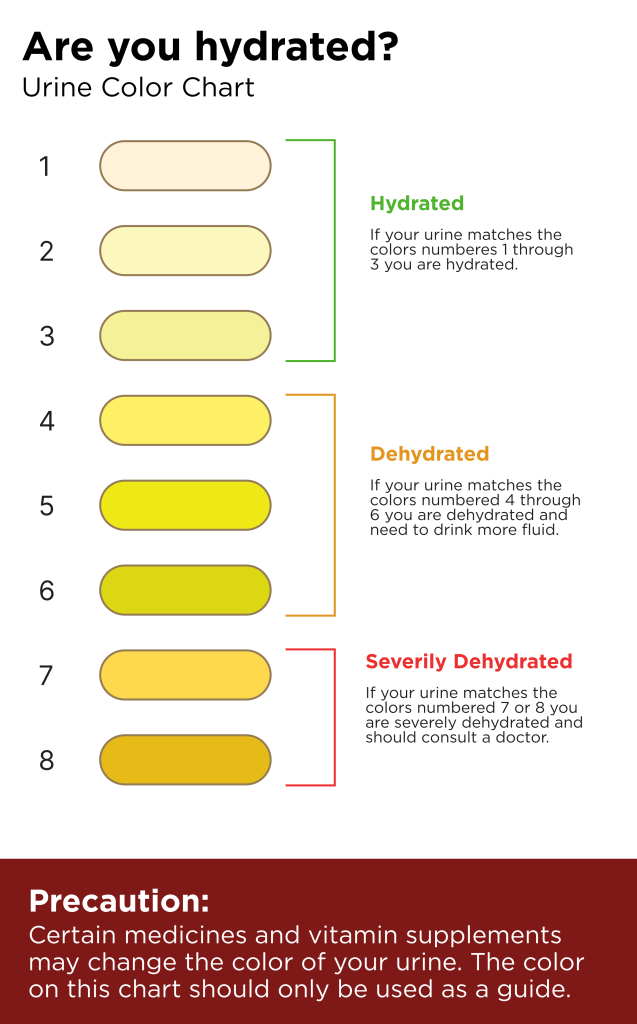
Supplements and Their Dosages
In addition to a well-balanced diet, certain supplements can be beneficial:
- Creatine monohydrate: Approximately 0.1 grams per kilogram of body weight daily can improve muscular energy reserve recovery.
- Isotonic drinks contain a proper proportion of simple carbohydrates, mineral salts, and electrolytes, especially those lost in greater quantities, such as sodium.
- Whey protein: Consuming 20-25 grams post-exercise aids in repair and muscle growth.
- Carbohydrate-protein mixes: Ready-made mixes of carbohydrates and proteins can also be beneficial, providing an optimized ratio for recovery.
- Anti-inflammatory supplements: Supplements like liposomal curcumin offer anti-inflammatory benefits, supporting the recovery process by reducing inflammation more effectively.
Effective post-exercise recovery is multifaceted and requires a well-planned nutritional strategy that addresses energy replenishment, tissue repair, inflammation reduction, and hydration.
Conclusion
Implementing the “4 R’s of Recovery” not only helps improve performance and recovery but also aids in injury prevention, thereby ensuring that athletes can train effectively and compete at their peak. Moreover, additional supplements, such as carbohydrate-protein mixes and anti-inflammatory agents like liposomal curcumin, can also play a valuable role in enhancing recovery processes when used appropriately.
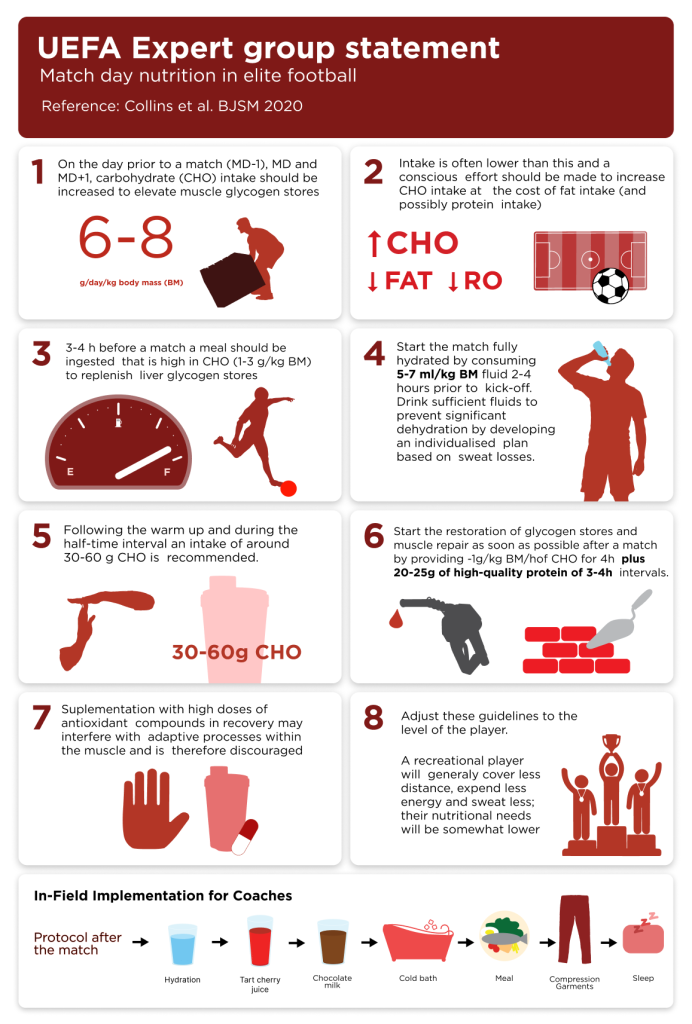
References
- Collins, J., et al. (2021). UEFA expert group statement on nutrition in elite football: Current evidence to inform practical recommendations and guide future research. British Journal of Sports Medicine, 55(8), 416. https://doi.org/10.1136/bjsports-2019-101961
- Abreu, R., et al. (2023). Effects of dietary supplements on athletic performance in elite soccer players: A systematic review. Journal of International Society of Sports Nutrition, 20(1), 2236060. https://doi.org/10.1080/15502783.2023.2236060

